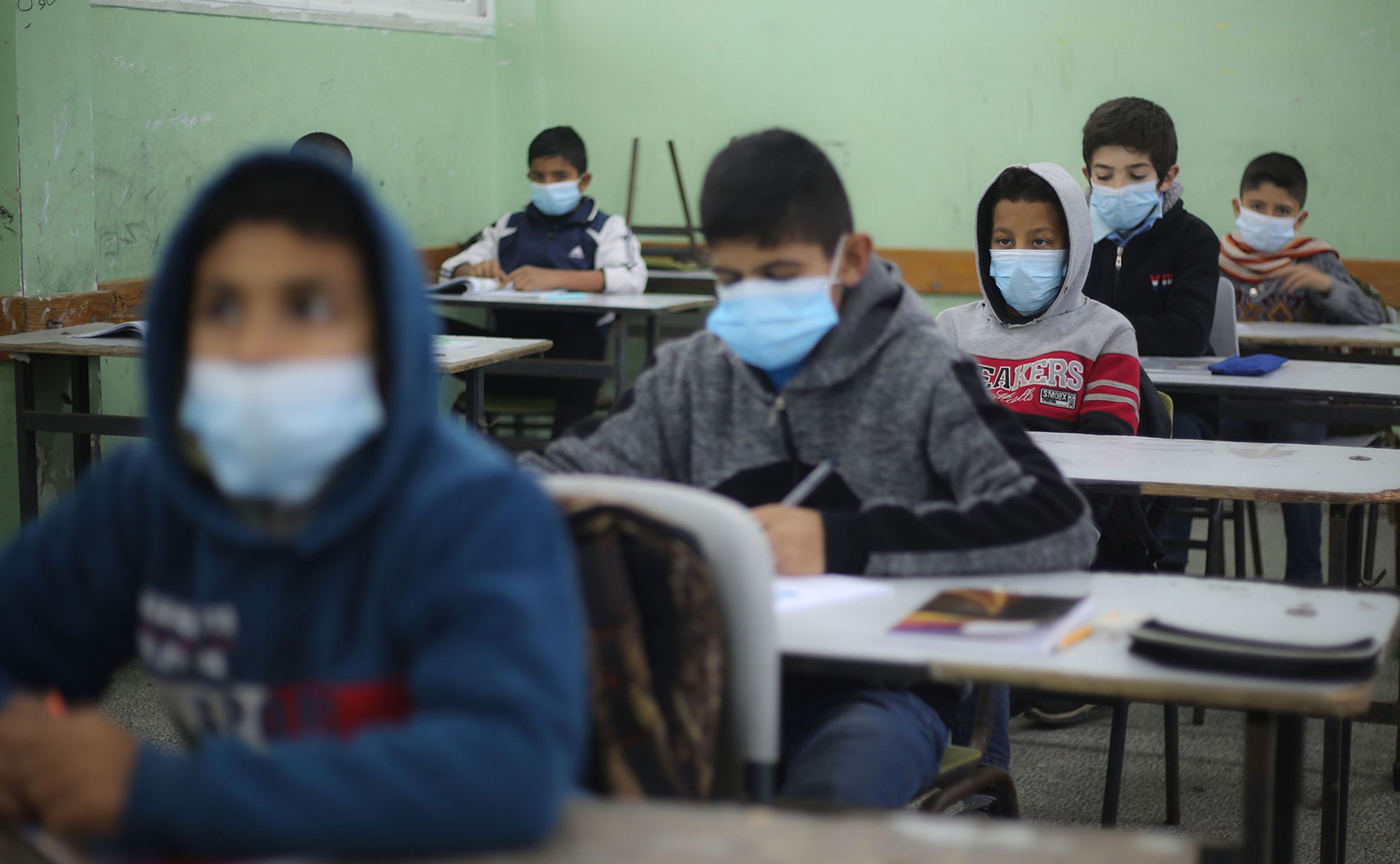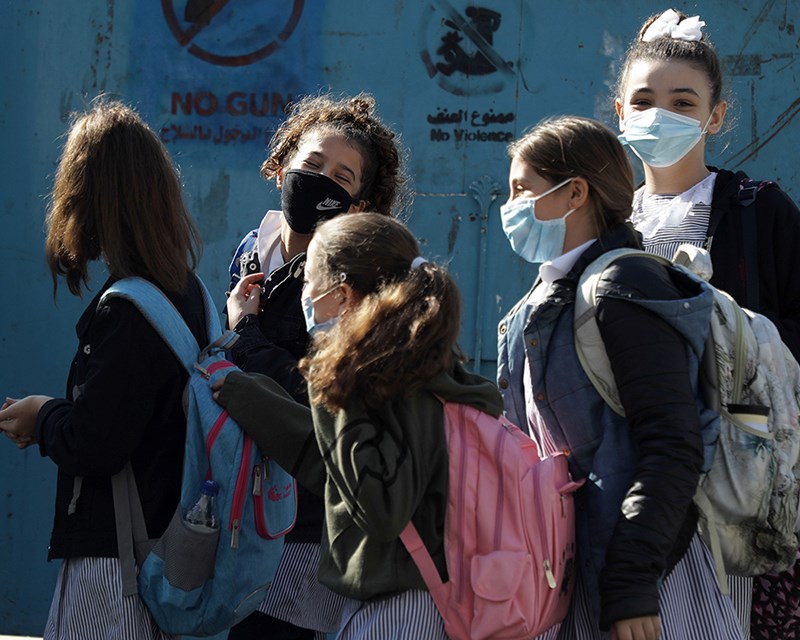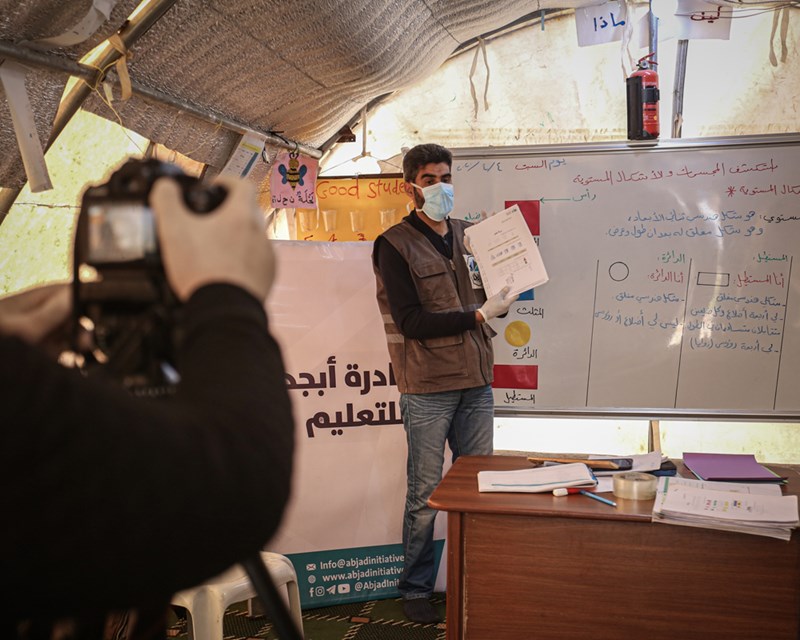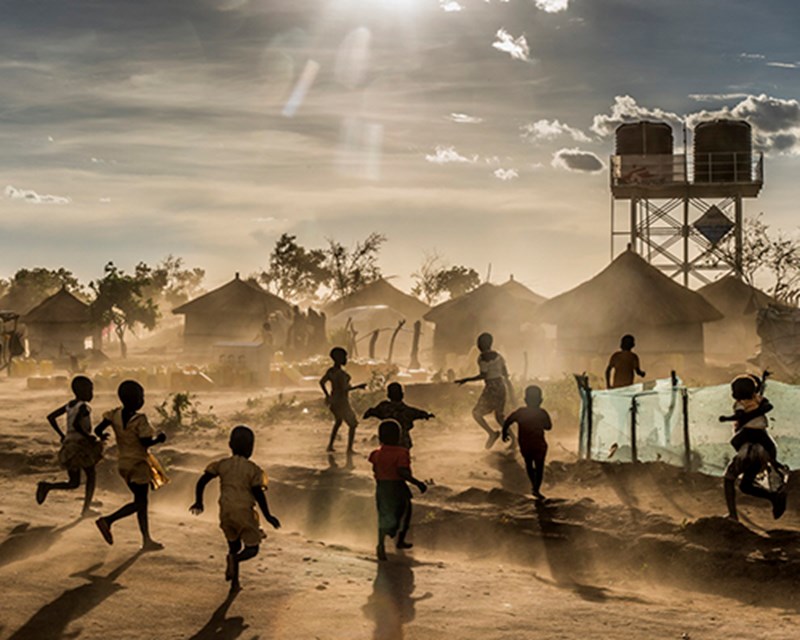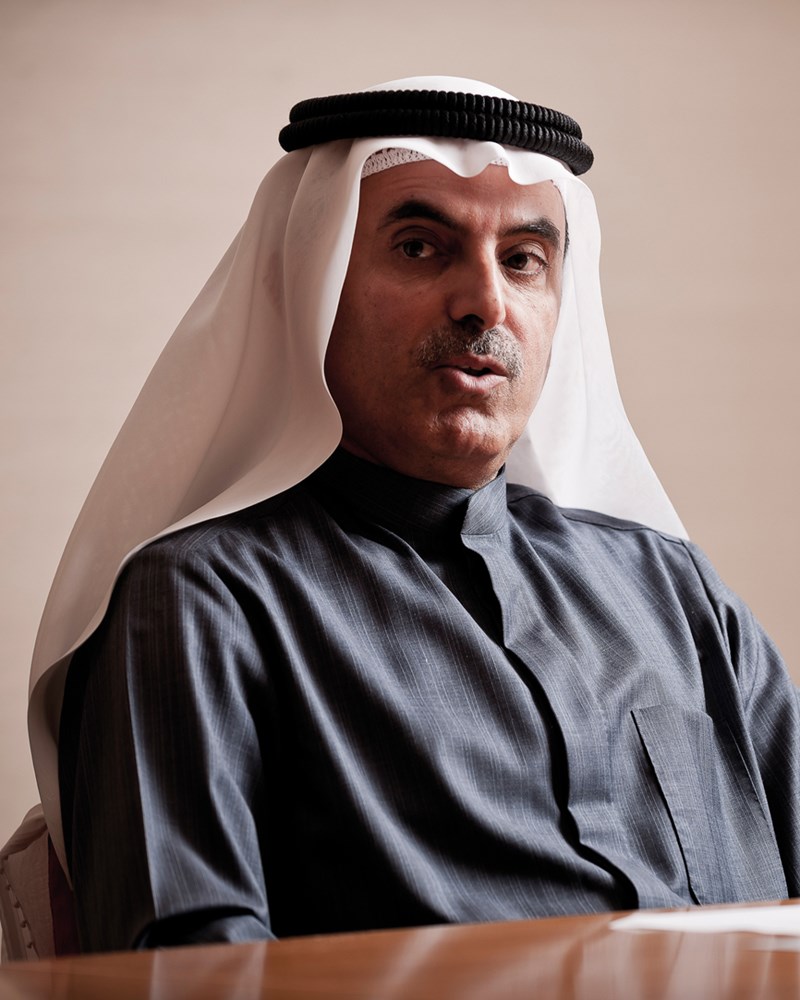An AED120m ($32.7m) fund created to help thousands of young refugees gain access to education and employment has announced a third cycle of grants, opening up new school and vocational opportunities for exiled youth in Lebanon and Jordan.
The grants from the Abdul Aziz Al Ghurair Refugee Education Fund will provide an estimated 11,200 young refugees with access to secondary education or employable skills, with funding channeled through eight programme partners in the two Arab countries.
Organisations including the Lebanon education nonprofit MMKN Initiative; the Jordan-based Madrasati, which supports underperforming public schools; and the youth-led Digital Opportunity Trust are among those that will benefit from the funding, which was announced to mark World Refugee Day on June 20.
Partners were chosen for their ability to address challenges in education access caused by the Covid-19 pandemic and, in Lebanon, the impact of the devastating Beirut port explosion in August.
“This fund recognizes that the most vulnerable Arab youth need education and the surrounding support to ensure they find a pathway to work and entrepreneurship,” said Emirati philanthropist Abdul Aziz Al Ghurair, who created the fund in 2018.
Al Ghurair, who is also chair of the $1.1bn Abdulla Al Ghurair Foundation for Education (AGFE), described the fund at launch as a “commitment to help as many out-of-school refugee youth as I can get back into school, so that they can begin working towards a better future.”
The three-year initiative was originally intended to benefit 20,000 refugee and displaced youth in Jordan Lebanon, and the UAE. To date, according to AGFE, it has reached more than 38,500.

